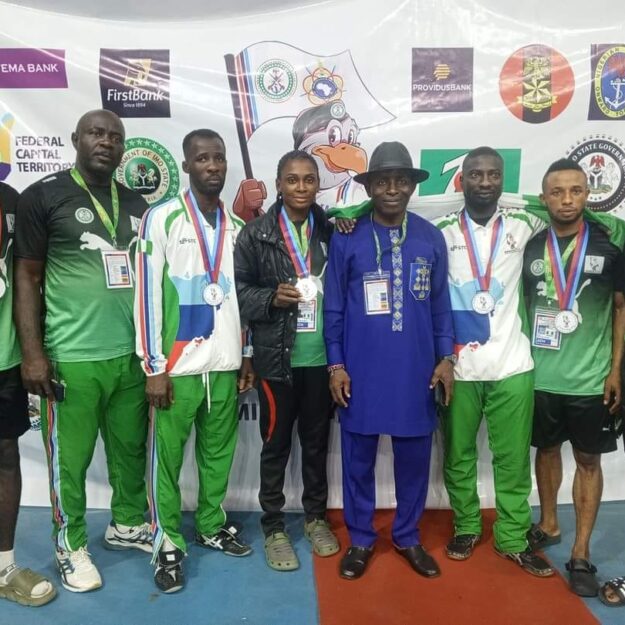Once the palace was built, they hired a guard to keep us out.
We slept in the dirt, with the sound of our craft;
Our heartbeat pounding with exhaustion,
Bearing the picture of the palace we built in our tightly shut eyes.
The day still melts on our heads like before,
The night pierces our eyes with black arrows,
A hot air blows tonight.
It will be impossible to sleep on the pavement.
Arise everyone! I will rise too. And you. And you too.
So that a window may open in these very walls. Kaifi Azmi (1919-2002)
Italian author Francesca Melandri’s ‘Letter to the French from the Future’ (Libération, 18 March) says, ‘Class will make all the difference. Being locked up in a house with a pretty garden is not the same as living in an overcrowded housing project. Nor is being able to work from home or seeing your job disappear. The boat in which you’ll be sailing in order to defeat the epidemic will not look the same to everyone nor is it actually the same for everyone: it never was’. We say in these parts of the world, Nigeria precisely that if you have money, it is self-isolation, if you do not have money it is a lockdown.
The first to already feel the brunt of stay-at-home restrictions are informal business owners and daily wageworkers in the urban centers of Africa. Self-employing and family-owned small enterprises in sectors such as retail trade, sewing, handiwork manufacturing, and taxi/motorcycle ride services, make up more than two-thirds of urban employment in Nigeria. Tens of millions of Nigerians and their dependents rely on income from these businesses and will be unlikely to endure a lockdown for more than a few days.
In Lagos, Nigeria, it is approximately six million daily wageworkers; if they survive the coronavirus, they will perish from hunger (and, amongst them, the most at risk are women and girls who will be tending to the sick in their families and – like medical personnel – will likely catch the coronavirus in large numbers). God forbid!
In Jos, Dung Nanpon, age 30, works as a paid daily laborer, at Gada Biu is the place he and his friends gather, when picked, they are paid on a work-rate basis. ‘We have no money left’, he told me. ‘I have two children. What will I do? We live in rented accommodation and do not have any money or food left’. He will have to go to Quan Pan hundred kilometers away to the village. Ike Justice is from Owerri (Imo) and has a several hundreds of kilometers journey ahead of him. He worked at a food outlet, in Lagos where he used to get food as part of his wages. But the outlet is closed. ‘I have no money left’, he said. ‘I have no one here who would look after me if I get infected. So, I am leaving’. But he cannot leave, as Lagos is official locked down.
So as gradually Nigeria joins the rest of the world in imposing severe restrictions on human mobility in a bid to contain the COVID-19 pandemic. With the rapid rise of infection rates—which approached 1.3 million globally and 8,000 in Africa as of this writing—social distancing and other public health measures are crucial for reducing further contagion. The immediate focus of policymakers on improving the capacity of health care systems to test, isolate, and treat patients has been appropriate considering the millions of lives at risk.
At the same time though, social distancing restrictions have disrupted the livelihoods of tens of millions, exposing vast populations to an acute financial shock. Nigerian states, have introduced strict lockdown measures that closed business without sufficient mitigation measures to assist the affected individuals and households. For the poor without the luxury of bank savings or a resort to credit cards, public health measures that cut their lifeline of daily income could appear to offer a cure that is as bad as the sickness. Such measures, then, will also be highly ineffective, as people are more likely to disobey the law rather than stay at home and go hungry. Given these devastating potential consequences, it is ethically questionable to bar people from working without offering a means to support their basic needs.
Why is the Nigerian government not essentially worried the masses of worker are being hit: ‘these workers did not suddenly fall from the sky. They have existed on the peripheries of the cities, in the ghettos and the slums; they are deliberately kept invisible and unnoticed by the elite’. A hasty show of compassion for them as they form long lines on the roads is not enough; the system that uses them, keeps them barely alive, and then throws them out must be struggled against, another system put in its place. The hideousness of social inequality produces a heap of sorrow and anger amongst the damned of the Nigerian state. Now provides an opportunity for a conversation.
What happens when the government tells several millions casual workers to sit at home for two weeks and still counting? These are workers who have never been paid enough to save, and who have few resources to sustain themselves during this period. It is essential for the government to organize the provision of food through public distribution systems and through free canteens. If there are no such schemes, the global pandemic will lead to widespread hunger and famine. It might also lead to a deepening crisis in the countryside, as the crops might not be properly harvested due to a labor shortage occasioned by the lockdown. A failure of which would be cataclysmic.
Can the Nigerian government open thousands of camps for her citizens who would need accommodation? The answer may be actually no, given that they have not done so for even her displaced citizens. We talk about lockdowns and social distancing, has the government any plane for homeless and destitute people. In out entire nation is there any thing like community kitchens across to provide free hot meals; for those who cannot come to the kitchens, the food is delivered to their homes.
Without robust government support, microentrepreneurs are unlikely to abide by the stay-at-home measures, creating risk for themselves and their communities. In addition, since microenterprises use cash for businesses exchanges and deal with several customers daily, their return to business will undercut ongoing efforts to contain COVID-19. In some cases, violations of these stay-at-home orders—caused by hunger and desperation—might lead to confrontations with the police at some point.
While microentrepreneurs are known for their resilience, they are also highly vulnerable to the economic shocks induced by COVID-19. Because they are so often unregistered and unorganized, they are unlikely to get immediate government support in the form of financial compensation or tax benefits. Even in normal times, these businesses fly under the radar of government programs for policy support, which puts them at a disadvantage relative to medium-sized or large businesses. Sadly, most microentrepreneurs come from disadvantaged social segments, including women and ethnic and religious minorities. Their powerlessness and fragmentation perhaps explain why they have received so little attention in the current debate on the economic costs of COVID-19.
While the rich and elite build walls, the truth remains that we need more than ever at a time like this, to open windows, the windows of reality to the circumstances that the COVID-19 episode has come with, or else the aftermath of this era might be one that will mar or make the current Nigeria as we see it—Only time will tell.
You may be interested

Premier League: Chelsea Overcome Leicester City Away
Webby - November 23, 2024Chelsea defeated Leicester City 2-1 in their Premier League clash at the King Power Stadium on Saturday.Nicolas Jackson gave Chelsea…
CAFCC: Olanrewaju Explains Enyimba’s Switch To Uyo Grass Pitch Ahead Al-Masry Clash
Webby - November 23, 2024Yemi Olanrewaju, Head Coach of Enyimba, has explained to Completesports.com the rationale behind the team’s relocation to the Godswill Akpabio…

Boniface Can Still Play This Year — Leverkusen Boss Alonso
Webby - November 23, 2024Bayer Leverkusen manager Xabi Alonso remains optimistic Victor Boniface will return to action for the club before the end of…





















![American Pastor, David Wilson Seen Eating The Box Of Woman Who Isn’t His Wife [Video]](https://onlinenigeria.com/wp-content/uploads/2019/10/american-pastor-david-wilson-seen-eating-the-box-of-woman-who-isnt-his-wife-video-150x150.jpg)









